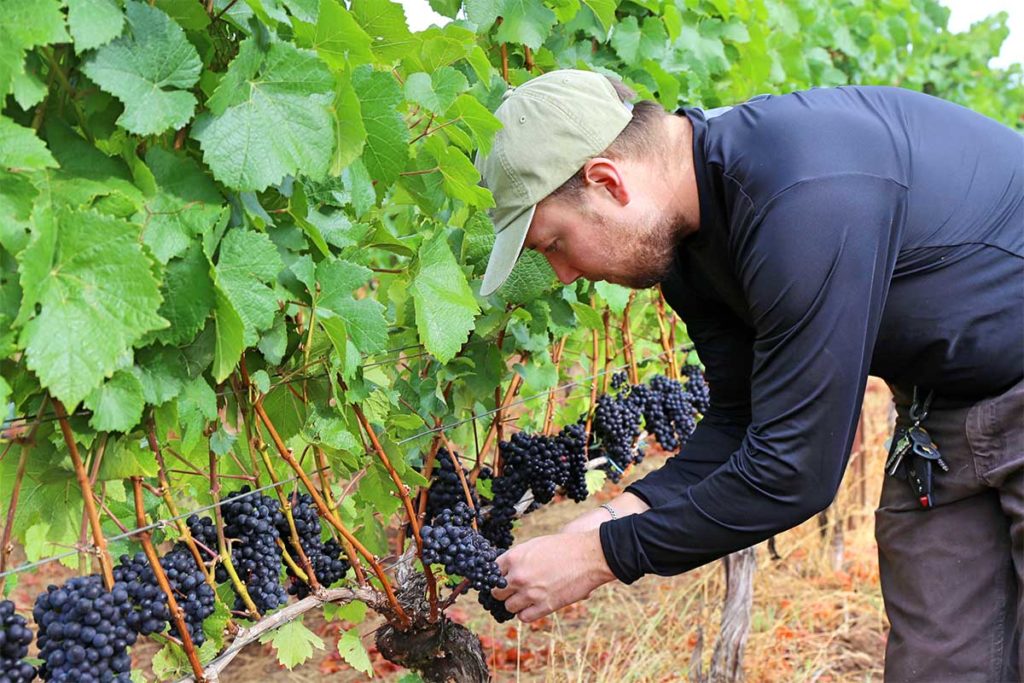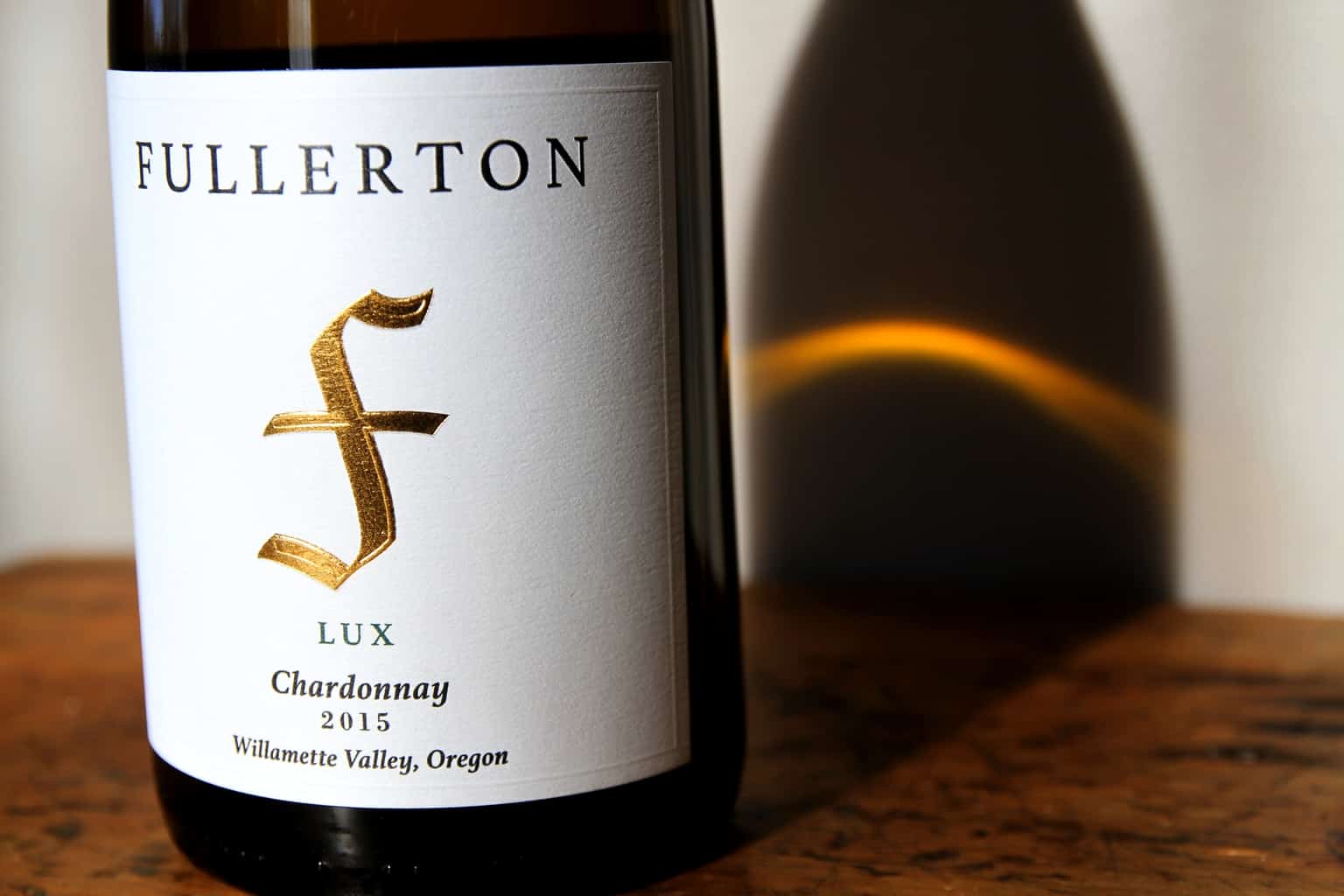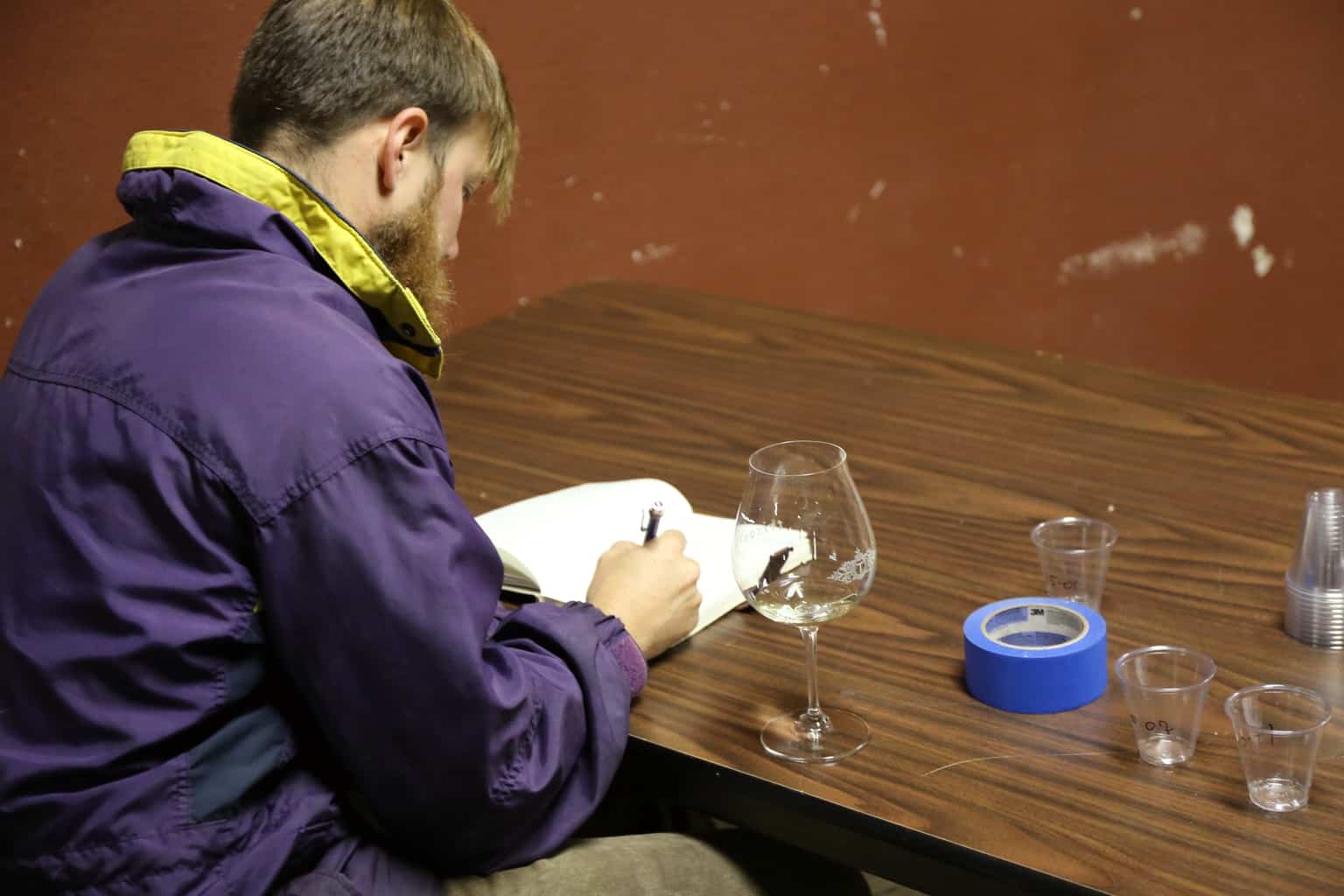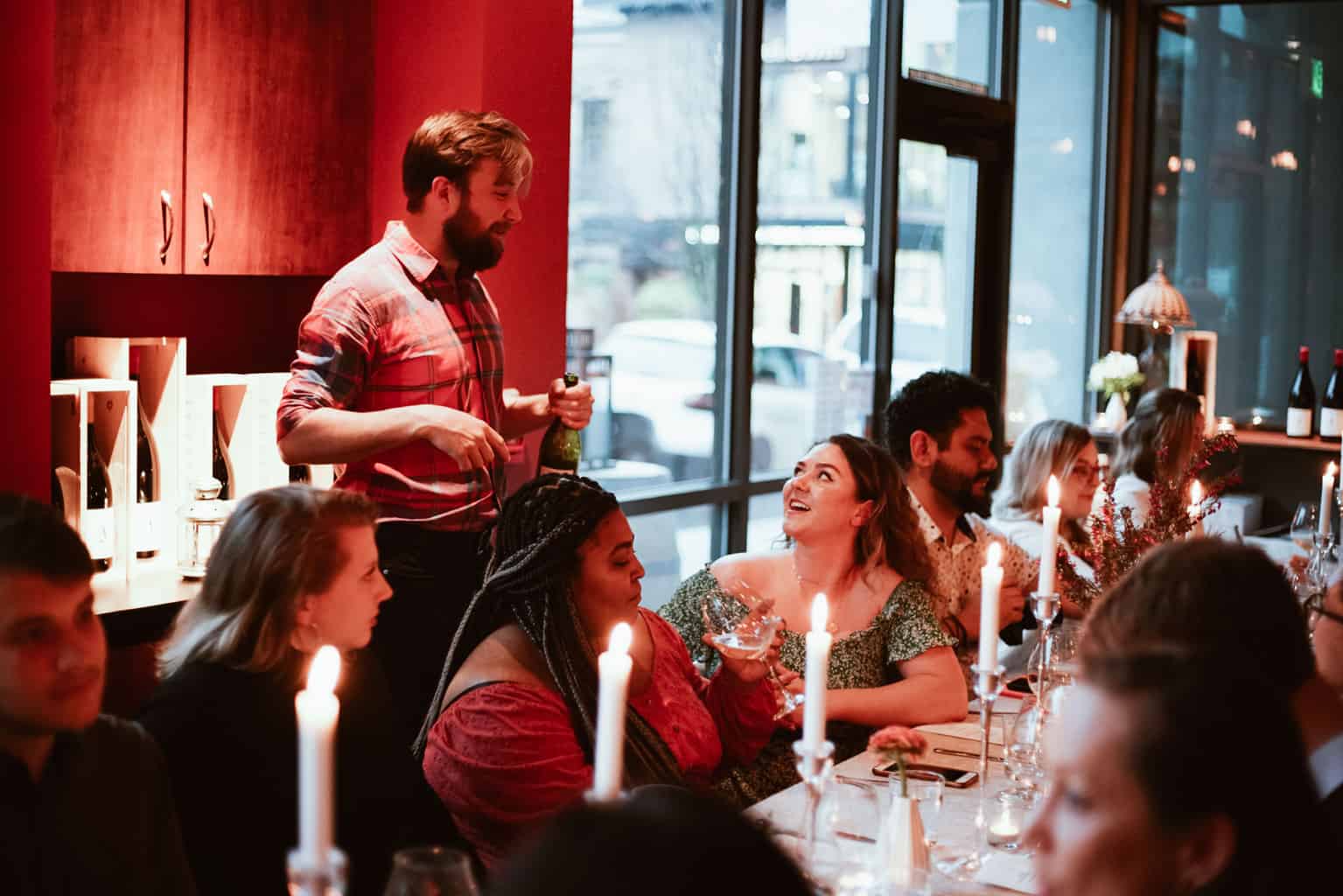Why Wine?
Why have and do humans consume wine with such reverie and adoration? Why should we continue?
For millennia, wine has captivated the minds and palates of many who have drunk from its cup. Historically, most wine drinkers enjoyed wine despite flaws, such as over-oxidation (wine transitioning to vinegar). Today, we can be thankful that when we put our noses in a glass we will delight in the aromas, as well as the taste. The modernization of the industry assures us of a baseline of palatability.

The wines that have inspired poets and politicians, farmers and urbanites alike have risen well above this baseline into the realm of the mystical—a rabbit hole experience leaving the consumer dazzled and wowed. Through our glass, these wines transport us, allowing us to see the history of the vines, the terroir (soil, slope, weather, climate), and the values of a winemaking region and winemaker. This journey ultimately brings us full circle, back to the present. Here we often use the gift of wine to connect with our family and friends. The sharing of wine expresses our appreciation and love of those we hold dearest.
Wine also differentiates itself from beer and spirits. Unlike grains grown in the fields of Montana or Oregon, wine grapes allow a parcel of land to speak through them. Pinot Noir grown in the Yamhill-Carlton AVA of Oregon expresses itself uniquely, as does Pinot Noir grown in the Côte d’Or of Burgundy, France. Vintage variation adds another layer of nuance not found in beer and spirits. These layers of expression create wines that keep us coming back each year to taste and see.
Those who take the time to notice will find worlds within each swirl of their wine glass.


